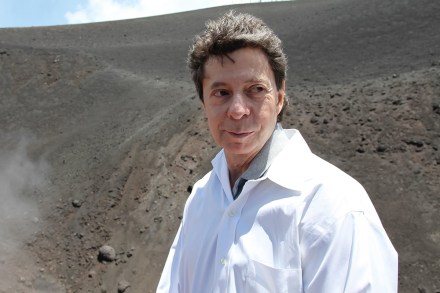The inconvenient truth about cannabis and mental illness
Mash’s older brother was the same age as Anthony Williams when he slaughtered a stranger in a brutal and random attack. He was in the grip of a psychotic disorder caused by cannabis. We do not yet know what drove Williams, a 32-year-old African Caribbean man, to allegedly try to murder ten people during a 14-minute knife rampage on a train. But Mash is in no doubt cannabis often plays a part in attacks like these. ‘In my community smoking weed is normalised,’ he says. ‘We laugh and joke about hearing voices or having a “para” [a paranoid fit].’ He counts on his fingers: ‘Two brothers, two cousins and multiple



















